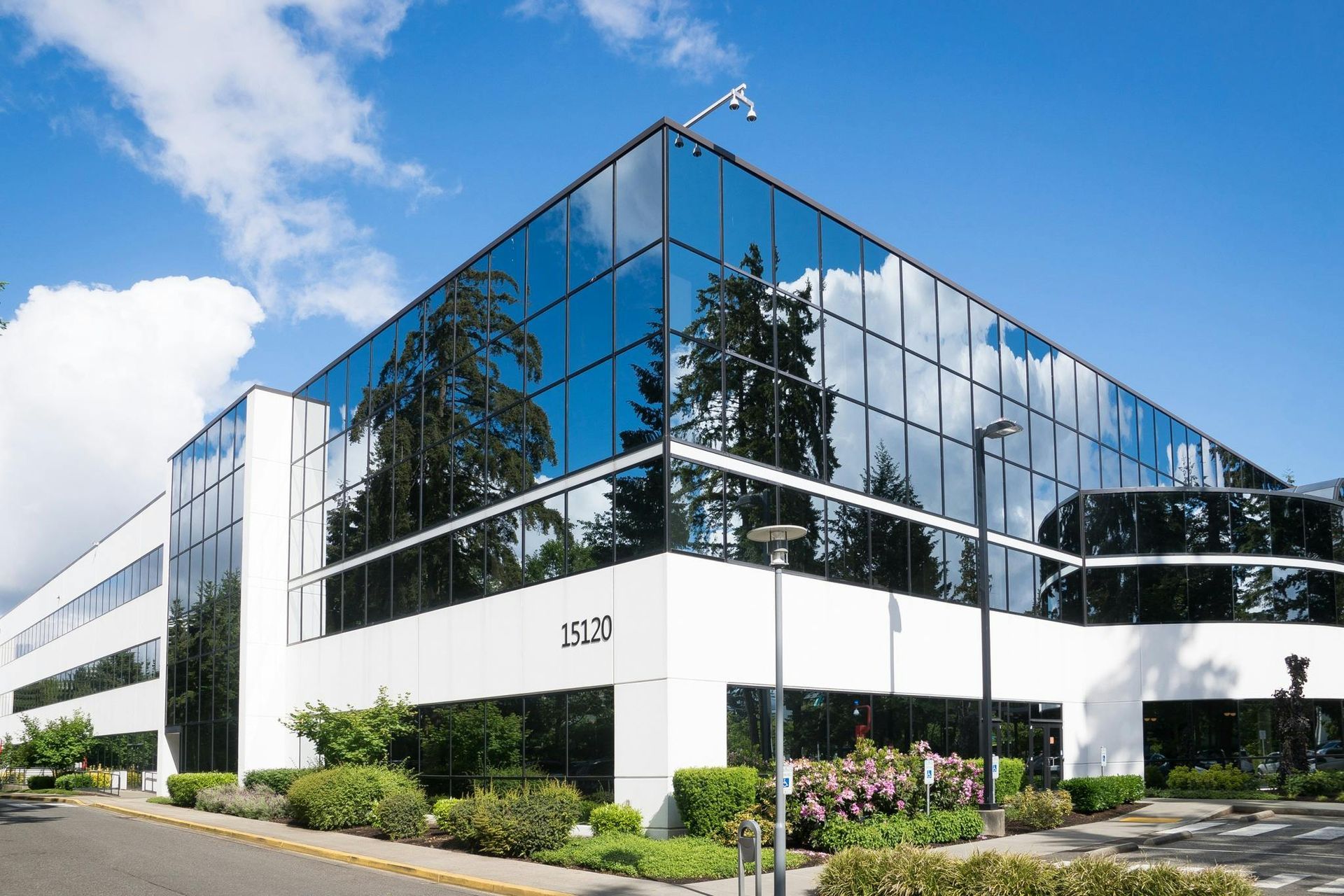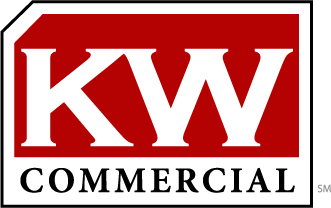Common Overlooked Expenses in CRE
Commercial real estate investing can be a lucrative endeavor, but it's crucial to understand the full scope of expenses beyond the initial purchase price. While obvious costs like property taxes and insurance are readily accounted for, many overlooked expenses can significantly impact profitability.

Property Taxes and Assessments:
While seemingly straightforward, property taxes can fluctuate significantly. Tax assessments can increase unexpectedly, leading to higher tax bills. Furthermore, special assessments may be levied for local improvements like road repairs or infrastructure upgrades, adding unforeseen costs to the property ownership.
Insurance Costs:
Beyond standard property insurance, several other insurance policies may be necessary, such as flood insurance, earthquake insurance (in earthquake-prone areas) and aliabil.ity insurance. The cost of these policies can vary significantly depending on factors like the property's location, age, and the specific risks involved.
Maintenance and Repairs:
Unexpected maintenance and repair costs can quickly erode profitability.
HVAC system failures: Aging HVAC systems can require costly repairs or replacements.
Roof replacements: Roof replacements are major expenses that can occur unexpectedly due to age, weather damage, or unforeseen circumstances.
Plumbing issues: Leaky pipes, sewer backups, and other plumbing problems and can cause significant disruption and costly repairs.
Electrical upgrades: Outdated electrical systems may require costly upgrades to meet current safety standards or accommodate increased energy demands.
Vacancy Costs:
Even the most desirable properties can experience periods of vacancy. During vacancy periods, property owners continue to incur expenses such as property taxes, insurance, utilities and maintenance costs, while generating no income. The longer a property remains vacant, the greater the financial impact.
Tenant Improvements:
Attracting and retaining quality tenants may require significant investments in tenant improvements. These can include:
Build-outs: Adapting the property to meet the specific needs of a new tenant, such as constructing office spaces, retail storefronts, or industrial facilities.
Leasehold improvements: Making improvements to the property at the tenant's request, such as installing new flooring, lighting or HVAC systems.
Technology upgrades: Providing high-speed internet access, Wi-Fi, and other modern technological amenities to attract and retain tenants.
Legal and Consulting Fees:
Navigating the complexities of commercial real estate often requires the expertise of legal and consulting professionals including:
Legal fees: Costs associated with drafting and reviewing leases, handling legal disputes, and ensuring compliance with local regulations.
Consulting fees: Fees for property managers, real estate brokers, and other consultants who provide specialized expertise in areas such as property management, leasing, and financial analysis.
Property Management Costs:
Hiring a professional property management company can significantly reduce the burden or property ownership. However, property management fees can represent a significant ongoing expense.
Environmental Issue:
Environmental issues can pose significant and unexpected costs like:
Asbestos removal: if presented in the property, its removal can be costly and time-consuming.
Mold remediation: infestations can require costly remediation efforts to ensure the safety and health of occupants.
Lead paint removal: if the property contains lead paint, it may be necessary to remove it to comply with safety regulations.
Escalating Operating Expenses
Operating expenses, such as utilities, property taxes, and insurance, tend to increase over time. Failing to account for these escalating costs can significantly impact profitability.
Unexpected Events:
Unforeseen events, such as natural disasters, economic downturns, or changes in local regulations, can have a significant impact on property values and profitability.
Successfully navigating the complexities of commercial real estate investment requires a comprehensive understanding of all potential expenses. While the initial purchase price is a significant factor, it's crucial to carefully consider the ongoing costs associated with property ownership, including property taxes, insurance, maintenance and repairs, vacancy costs, tenant improvements, legal and consulting fees, property management, environmental issues, and the potential for escalating operating expenses. By carefully budgeting for these expenses and proactively addressing potential challenges, investors can significantly improve their chances of achieving long-term success in the commercial real estate market.












